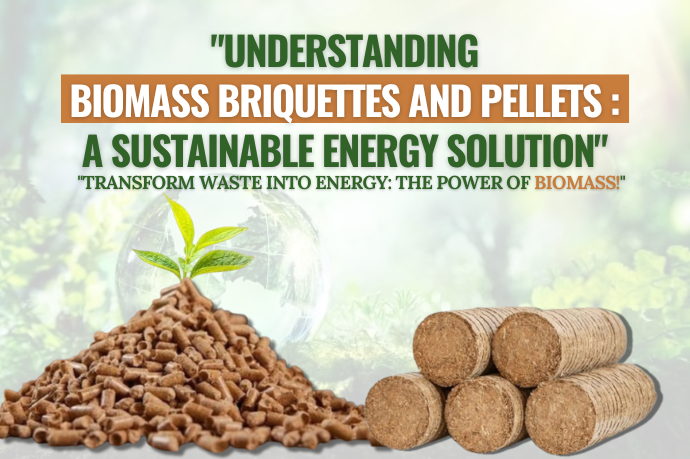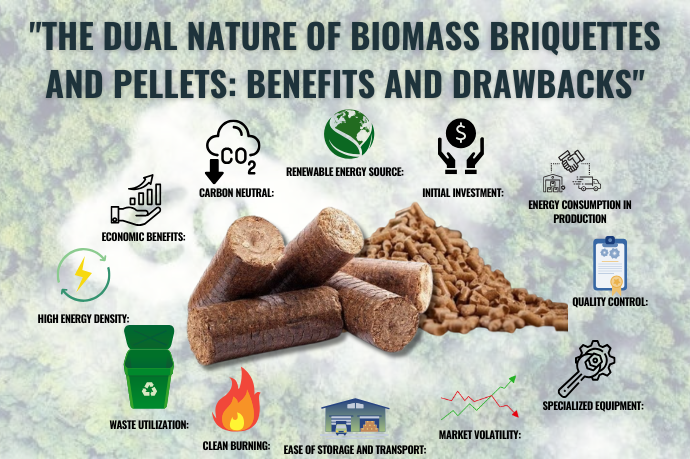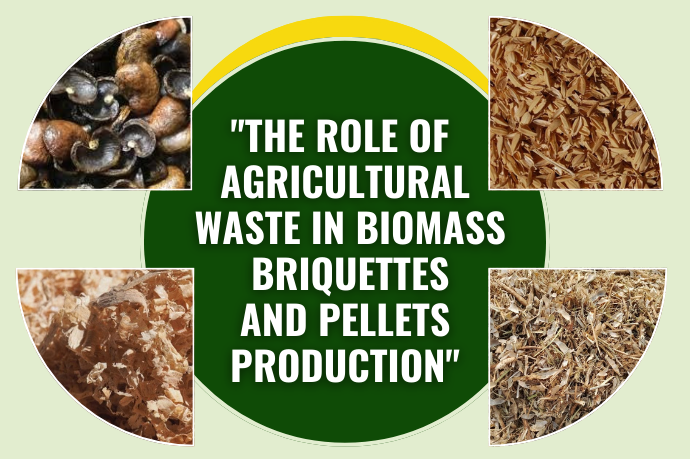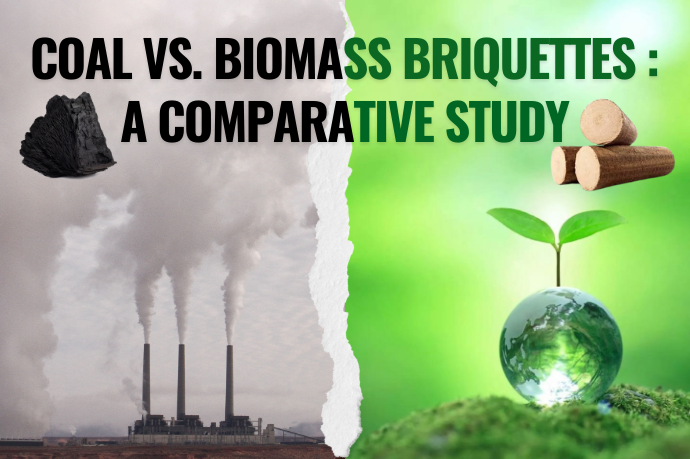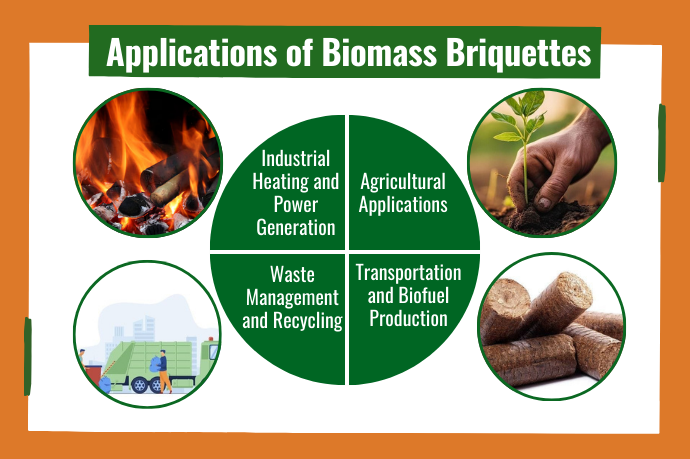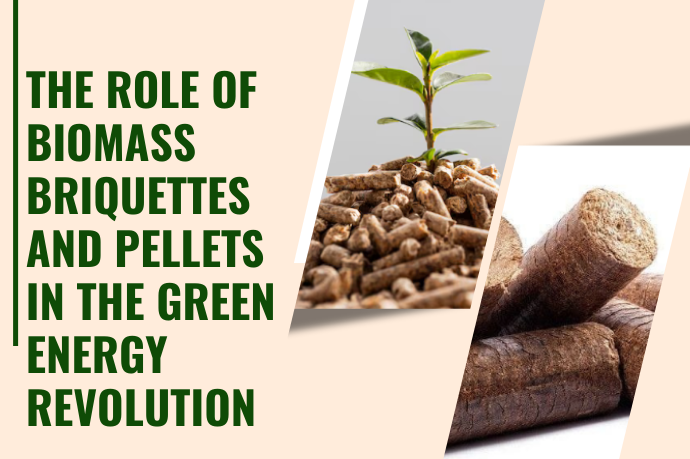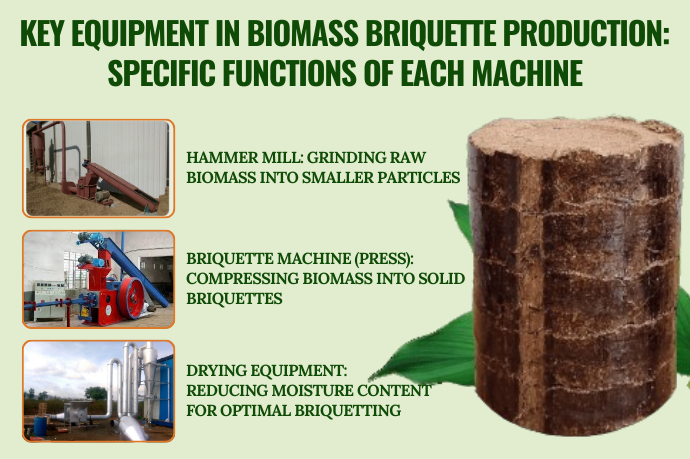What is Biomass Fuel ?
Biomass fuel is an energy source derived from organic materials, such as plants, agricultural residues, and animal waste. It plays a significant role in the renewable energy landscape, providing a sustainable alternative to fossil fuels. By converting biological materials into usable energy, biomass fuel contributes to reducing greenhouse gas emissions and managing waste effectively.
How Biomass Fuel Works ?
Biomass fuel can be converted into energy through various processes
-
1. Combustion: Burning biomass directly to produce heat, which can generate steam for electricity production.
-
2. Gasification: Heating biomass in a low-oxygen environment to create synthetic gas (syngas), which can be used for electricity or converted into biofuels.
-
3. Anaerobic Digestion: Breaking down organic matter in the absence of oxygen to produce biogas, which can be used for heating, electricity, or as vehicle fuel.
Benefits of Biomass Fuel.
-
1. Renewable: Biomass can be replenished through sustainable agricultural practices, unlike fossil fuels which are finite
-
2. Waste Management: It converts organic waste into energy, reducing landfill use and mitigating methane emissions.
-
3. Carbon Neutral: The CO2 released during biomass combustion is offset by the CO2 absorbed by plants during their growth, making it a low-carbon energy source
Conclusion
Biomass fuel is a versatile and renewable energy source that can help reduce waste and lower carbon emissions. By harnessing organic materials effectively, biomass fuel contributes to a sustainable energy future. As we continue to innovate and address the challenges associated with biomass, it holds great potential for meeting our energy needs while protecting the environment. Embracing biomass is not just an alternative; it\u2019s a step toward a cleaner, greener world.






